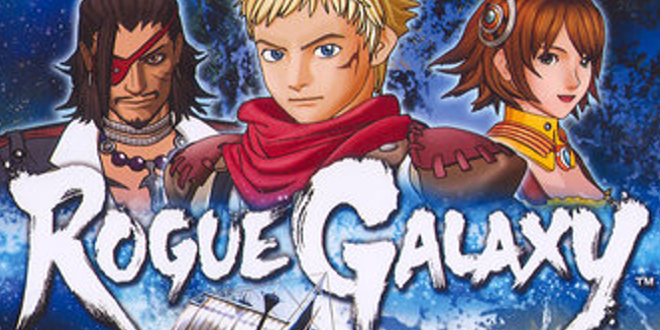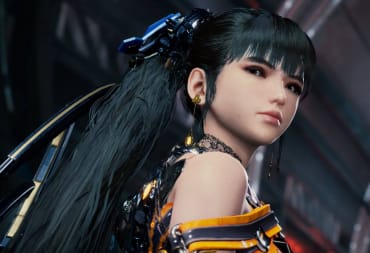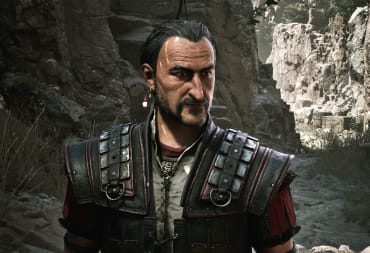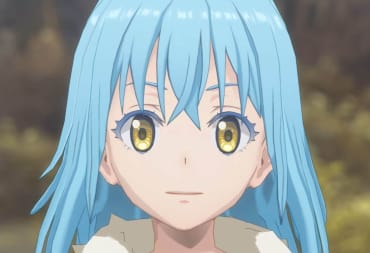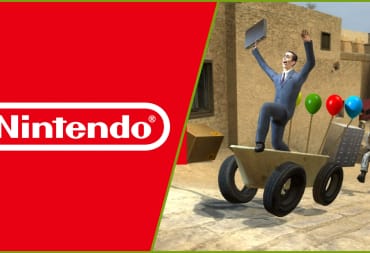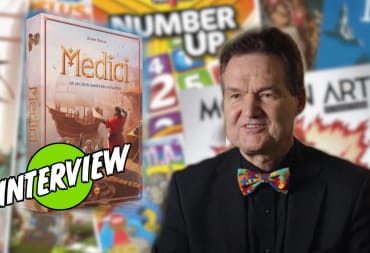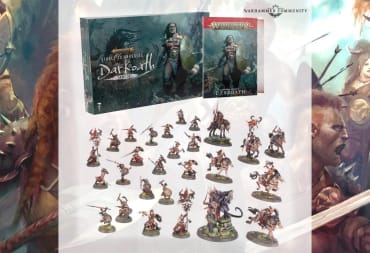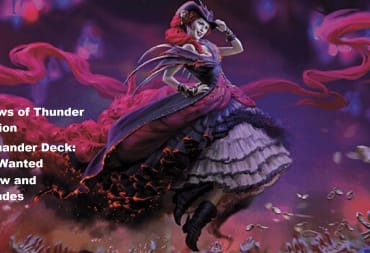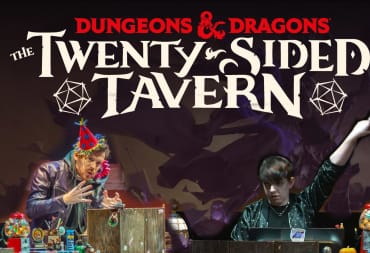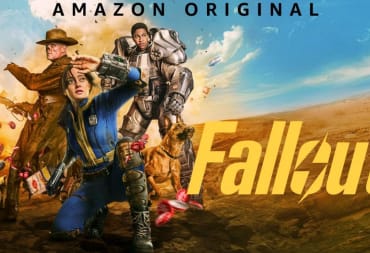As some of the deepest titles for any system, role-playing games are typically the marquee games for pretty much any system. Most tend to fetch high prices years down the line, with most RPG titles for consoles, at least, reaching the expensive territory in the secondary game market. Partly because of their content, partly because of rarity, RPG games are one of the more diverse style of games to be made for any system.
So much so, it is the only genre of gaming to have more sub-genres out there than any other type of game. We see the buzz terms all the time - "JRPG, "WRPG," "CRPG," the list is sometimes exhausting. Despite this terminology, it tends to not tell us anything really about the game in question, other than categorizing a certain aesthetic or gameplay style, or even worse, country of origin.
Those terms are never fully accurate, especially now in 2015, where we see crossovers between the lines that fully blur what these terms mean. Are titles like Dragon’s Dogma or Dark Souls JRPGs? Are games like Dragon Age or The Witcher really CRPGs? For many, these terms are good enough, but wholly problematic because they tell us nothing about the games themselves.
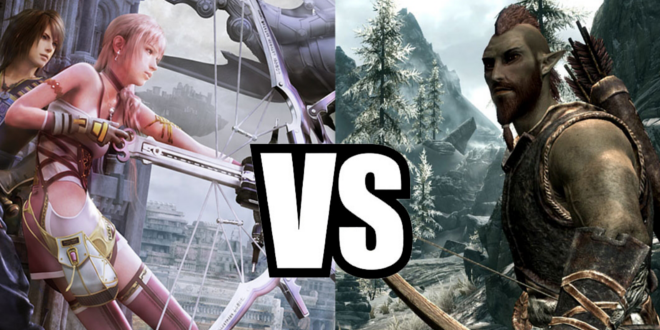
Take, for example, Rogue Galaxy for the PlayStation 2. Developed by Level-5 for a Japan only release in 2005, Rogue Galaxy was the third RPG franchise created by the company, after the Dark Cloud series and, at the time, working concurrently on Dragon Quest VIII. SCE Japan Studio, the development team behind Legend of Dragoon and later worked on Demon Souls with From Software, would also aid Level-5 in the development of Rogue Galaxy, which at the time was the largest project the studio has ever done.
The game itself was directed by Akihiro Hino, who also directed the Dark Cloud titles and has produced the Professor Layton games. Hino mentioned back in 2005 that Rogue Galaxy was meant to be a major contender to the two most popular RPG franchises in Japan. “As a creator, I always wanted to create a title that was as big as Dragon Quest or Final Fantasy,“ Hino said in a short interview featured on Gamespot. “I believe Rogue Galaxy is on the same scale. This title will be our challenge to all the RPGs in the world."
True to his word, Rogue Galaxy did reach the massive scale of what Hino and his team were promising, although much more was initially planned. Set in a futuristic galaxy meshed with fantasy elements, Rogue Galaxy gave off a very Space Opera Sci-Fi feel in terms of its look, with technology meshed with fantastical aesthetics, and very “soft” science thrown in. It was a different take on the norm of most RPGs at the time, as producer Kentaro Motomura noted in a developer diary back in 2007, "Level-5 was created for swords and magic fantasies, but we got bored with the consistently similar worlds, so we wanted to try something new."
https://www.youtube.com/watch?v=AHqQ9qNLKIY
Originally, Rogue Galaxy was going to have procedural generated planets that players can explore in a dungeon-crawl setting. This was changed later to fit a fixed number of planets, but with distinct looks and numerous areas that would be unlocked over time. What aids this is the “tonal rendering” Level-5 did on Rogue Galaxy. A term coined during the development of the title, which started back in 2002, tonal rendering created detailed, cel-shaded graphics for characters, mixed with more realistic backgrounds. Along with this, Level-5 was able to make Rogue Galaxy a completely open world, eliminating the loading times for random combat encounters and even most areas in the game, offering a seamless open world, a rarity back in 2005.
The results were coupled with gameplay ideas that would result in a transition from the traditional RPG design at the time, a move away from turn-based titles. Many of these real-time combat systems, often referred to as “Action-Role-Playing Games” have been around since the 1980’s. The Tales series, for example, have employed a similar gameplay style since 1995. Rogue Galaxy, along with its predecessors, the Dark Cloud games, were among the first to use real-time combat mechanics in a 3-D realm for the PlayStation 2.
Unlike most action-RPG games at the time, Rogue Galaxy emphasized a controlled hack and slash approach to the basic combat. The title allowed players to constantly hit enemies so long as their action gauge, essentially their stamina, doesn't deplete. Once it does, players need to wait for it to fill again before they can attack. This adds strategy to the title, especially against enemies with specific weak points that need to be exploited over mindlessly mashing buttons.
The mechanics also changed the level up system. Instead of focusing on basic stat increases and new abilities upon level up, Rogue Galaxy relied on a more non-linear progression for characters, titled Revelation Flow. All party members have pre-created abilities that are unlocked by collecting specific items found off enemies. Since most abilities can be unlocked in any order, this offered a higher degree of freedom in customizing your characters, a full year before SquareEnix would follow suit with a similar system, the license system from Final Fantasy XII.
https://www.youtube.com/watch?v=WfhE_T_iI7k
Many other gameplay mechanics were added to Rogue Galaxy to compensate for the lack of linear progression. Weapon synthesizing, Hunter bounties, even a Pokemon-like mini-game where you collect bugs that fight each other in chess-like matches. As IGN writer Anoop Gantayat stated regarding the scope and graphics of Rogue Galaxy, “The game doesn't hide the vastness of its world, with plenty of distant views as you explore the complicated landscapes. One may actually get the feeling of existing in the expansive world of a massively multiplayer online RPG rather than the limited world of standard RPG."
Rogue Galaxy was a critical darling when it was finally released in North America in 2007. This version of the game was also a directors cut by Level-5, which added new items, over 2,000 lines of dialogue, a new planet to explore, and a revamped graphics chip for a smoother framerate. However, the title did not sell well, even in Japan. Many critics argued that the story of Rogue Galaxy was a standard plot, with minimal characterization and accused of relying on many typical clichés found in most RPGs coming from Japan at this point. “What you have here is an unending parade of threadbare anime tropes predictably matched by bland characters,” stated the Game Trailers review. “You've seen every one of these stereotypes before, acting out the same quests and forcing out the same emotions they do in just about every other RPG.”
The complaints by many western critics are not without some merit. Make no mistake, Rogue Galaxy is a fantastic game, but it is one where the story was secondary to the game around it. Enduring a more typical RPG storyline, however, is not necessarily a mark against the title, considering the story is told rather well, with strong voice acting and some rather touching moments sprinkled in-between.
That being said, the complaint made by Game Trailers is typical for the time period, as we saw a shift in the tastes of the role-playing game market, mostly against what many have perceived to be “JRPGs.” Throughout the 2000's, it became nearly impossible for a console RPG to be a major seller without an open world or non-linear story progression, which have become synonymous with "WRPG" mechanics. Games following a turn-based system were considered "outdated," while graphical styles or storylines following the more archetypal trends of Final Fantasy have become derided by the marketplace in favor of some more controllable and "adult" in the eyes of critics and fans alike.
Even as early as 2005, fans in the “JRPG” and “WRPG” debate have pitched their wagons, arguing over tonal, mechanic, even artistic differences between the two labels, in the process categorizing hundreds of games between them based upon these arbitrary listings. Today we see forum debates constantly bringing up this debate all the time, yet due to this stigma behind both "categories," many games tend to suffer from it, especially through the misconceptions, or assumptions, of their design.
If only there was a way to explain why? To maybe get some points across on all of these different subgenres, issues and discussions on role-playing games….
I hope you enjoyed this week's article. Stay tuned because I have a special treat coming tomorrow as we continue this discussion. Until then, please leave your comments below.
Have a tip, or want to point out something we missed? Leave a Comment or e-mail us at tips@techraptor.net
